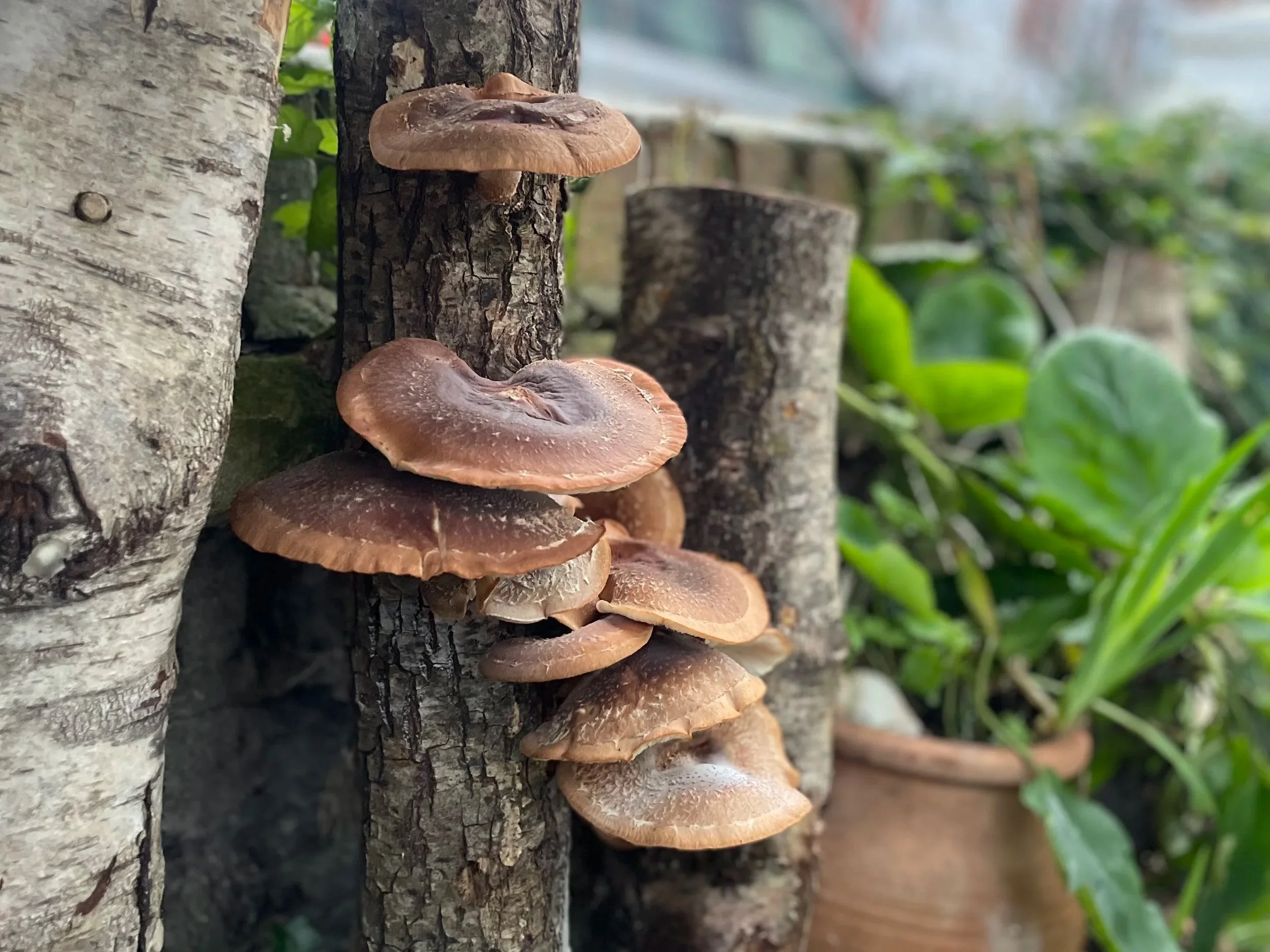Slow Food; how we can reverse the damaging effects of fast food?
Simply put, Slow Food is about making a conscious decision about the food we buy and how we consume it. On a bigger scale it’s a movement involving millions of committed followers that are striving to reverse the damaging effects the Fast Food industry has had on us as individuals, on our societies and our planet – one meal at a time.
Founded in 1989 the Slow Food movement had 3 main objectives –
1. To prevent the disappearance of local food cultures and traditions.
2. To reverse the effects Fast Food culture has had on our own individual lives and the environment as a whole.
3. To rekindle our interest in the food we eat.
So how can we benefit from the Slow Food movement?
Sadly, Fast Food culture is so much more than cheap food fast. It’s had a detrimental effect on our environment and our culture. It has changed our expectations and our behaviour; our ways of working and the way we interact – or don’t these days! It’s been linked to so many problems we now face as individuals and as a society from obesity and addiction to depression and diabetes – pesticides, GMO’s, water use, deforestation, illegal trade, slave labour… we could go on.
Slow Food is the undoing and reverse of everything we’ve listed above – it’s about buying and preparing good food with good ingredients sourced from reputable suppliers that have a respect and commitment to their land, their produce and their staff – which includes paying a fair wage to all. To be part of the Slow Food movement is to take that produce and to savour it. Taking time to prepare a good honest meal, to buy and consume what we need when we need it and to be open to interpretation – seasonal growing and what’s in stock rather than expecting the same items to be abundantly stocked regardless of demand or the time of year.
With time, consideration and preparation comes happiness – and what comes with happiness? A natural kick of serotonin – that well-known mood boosting, depression kicking, feel good chemical our body releases when we’re happy – when we’re fulfilled and have a moment connected to nature. As opposed to when we gorge ourselves on Fast Food – filling up on empty calories, more often than not over indulging, and getting that pleasure seeking dopamine hit that usually leaves us feeling empty and wanting more. Fast Food defies seasons; it’s expecting the same thing no matter where in the world you are; it’s not about the here and now it’s about the convenience of the 24/7. It’s cheap and it drives prices, wages and working conditions down and all too often its produce has been subsidised in order to make it look financially more attractive.
“We don’t need a handful of people doing zero waste perfectly. We need millions of people doing it imperfectly” quotes Anne-Marie Bonneau @ZeroWasteChef and that’s the simplicity of it – Slow Food is the way in which we think about the food on our plates and in turn it becomes a way of living through the simplicity of what we eat and how we eat it. It’s about appreciating the food on our plate, how it got there and all those who made it possible, and in turn paying a fair price for what we have – small changes can make big differences.
By joining the movement we as a collective can keep its objectives alive – ensuring everyone has access to fair food worldwide. To read or listen to more, we recommend the links below, including the BBC radio 4 ‘New Year Solutions’ series, in particular the episodes on Water and Food. And an article about Dr Robert Lustig analysis of Happiness vs Pleasure – all fascinating.
BBC Radio 4 series – “As global warming threatens the future of our society, Jo Fidgen tackles the ways in which ordinary people can make a difference” www.bbc.co.uk/sounds/play/m0001v7f
“Pleasure is short lived, happiness is long lived; pleasure is visceral, happiness is ethereal; pleasure is taking, happiness is giving; pleasure can be achieved with substances, happiness cannot be achieved with substances; and, finally, pleasure is experienced alone, happiness is usually experienced in social groups.” www.wellandgood.com/difference-between-pleasure-happiness/
“Slow Food believes food is tied to many other aspects of life, including culture, politics, agriculture and the environment. Through our food choices we can collectively influence how food is cultivated, produced and distributed, and change the world as a result.“ www.slowfood.org.uk
“Slow Food is an idea, a way of living and a way of eating. It is a global, grassroots movement with hundreds of thousands of members across the world who all have pledged to link the pleasure of food with a commitment to community and the environment.” @slowfoodlondon
#thechangestartsonyourplate



